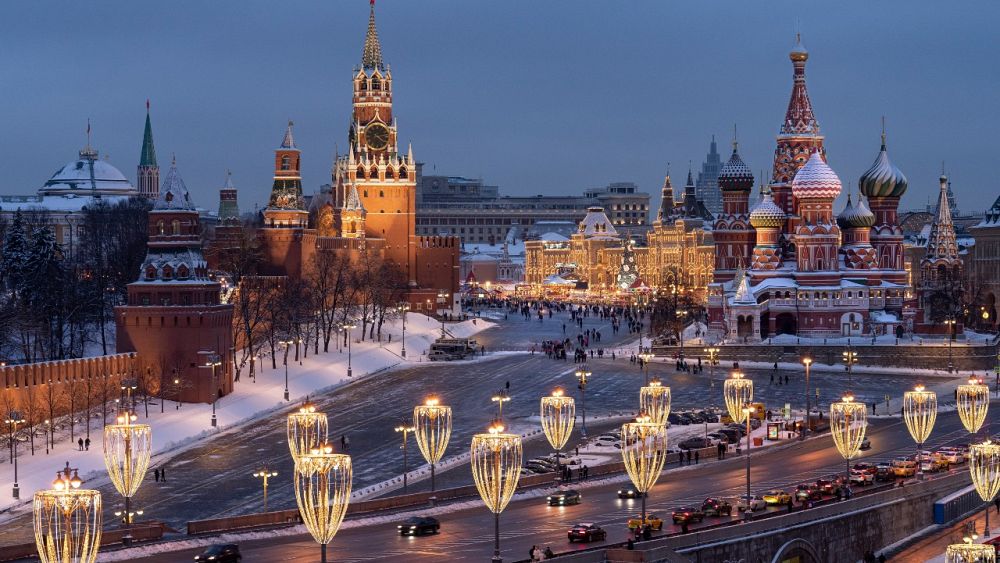WChristmas is over, New Year’s too – the new year is there like the open sea. The vastness lures, the depth terrifies, and the only thing that is certain is that a person would be lost out there all alone.
Because of this, people especially like to meet other people at the beginning of a new year. This is called the New Year’s reception. The next few weeks will be full of them, in every city someone is inviting someone or anyone who wants to.
On New Year’s Day, for example, the municipality of Brunsbek – that’s in Schleswig-Holstein – invited all citizens to the village community center. It started at eleven in the morning, challenging for those still hung over, but tempting at the same time: if only all the challenges of the new year were like this!
On January 5th, the Cottbus Chamber of Crafts celebrates its New Year’s reception, three days later the Potsdam Yacht Club, on January 10th the Federal President and on January 12th the Federal President again. Because while he receives seventy volunteers from all parts of the country at the first appointment and has lunch with them, two days later he has the diplomatic corps as guests, i.e. the ambassadors of other countries in Germany.
On January 17, the CDU district association in Vechta invites you to a reception in the “Big Dutchman” restaurant, where “with a good atmosphere and a top-class guest” – the leader of the CDU parliamentary group in the Lower Saxony state parliament – is supposed to ring in the new year. On January 22, the Berlin allotment garden colony celebrates at Stadtpark I, three days later the Federal Association of Sales Managers and two days later the Alumni Association of the University of Konstanz. Yes and?
Highly explosive scenes
Throughout the year there are some festivals, receptions, gatherings. But at the beginning of the year there is more in the air than just the fine dust from firecrackers and the eternal desire to expand your own network.

As Prime Minister of Lower Saxony, Gerhard Schröder, SPD, received around 1,300 citizens in 1997 to celebrate the New Year.
:
Image: Picture Alliance
It’s a chance for a fresh start, and even though by the end of the new year most will have carried on as usual, many still hope that they are not among those most. But to the few who manage to actually start over or at least do something a little differently than before. And at the New Year’s reception you meet witnesses that you are succeeding.
This type of gathering is highly political. Because where something begins, it is always about power. Who will have more influence in the future, who will become a new friend, a new enemy? Newspaper reports on New Year’s receptions over the past few decades show that, in addition to sparkling wine and good wishes, controversial issues were also negotiated.
In 1969, for example, at the New Year’s reception given by President Lübke, an employee of the Federal President’s Office discovered a highly sensitive directional microphone that an unknown person had set up near the chatting diplomats. In this way, it was possible to prevent a conversation between Lübke and the Soviet Ambassador Zarapkin being recorded at the last second.
New tie for Khrushchev
At the Kremlin’s New Year’s reception in 1963, the Moscow-based press correspondents of Western countries gave Khrushchev a particularly beautiful tie, after which Khrushchev said he was delighted and promised to put on the tie at his next press conference.
At that time he had not given a press conference for the western correspondents for more than two years, which was not due to either the lack of ties or the occasion. The New Year’s reception also served as an opportunity for exchange, which actually shouldn’t exist.
Two years earlier, in 1961, the Soviet ambassador in Bonn, Smirnov, had expressed his wish at the Federal President’s New Year’s reception for the diplomatic corps to meet with Chancellor Adenauer before his two-month home leave, which began a few days later. Lo and behold: it was successful. Not that same evening, but before he left. Adenauer and Smirnow spoke for an hour, an official communiqué was not published.







